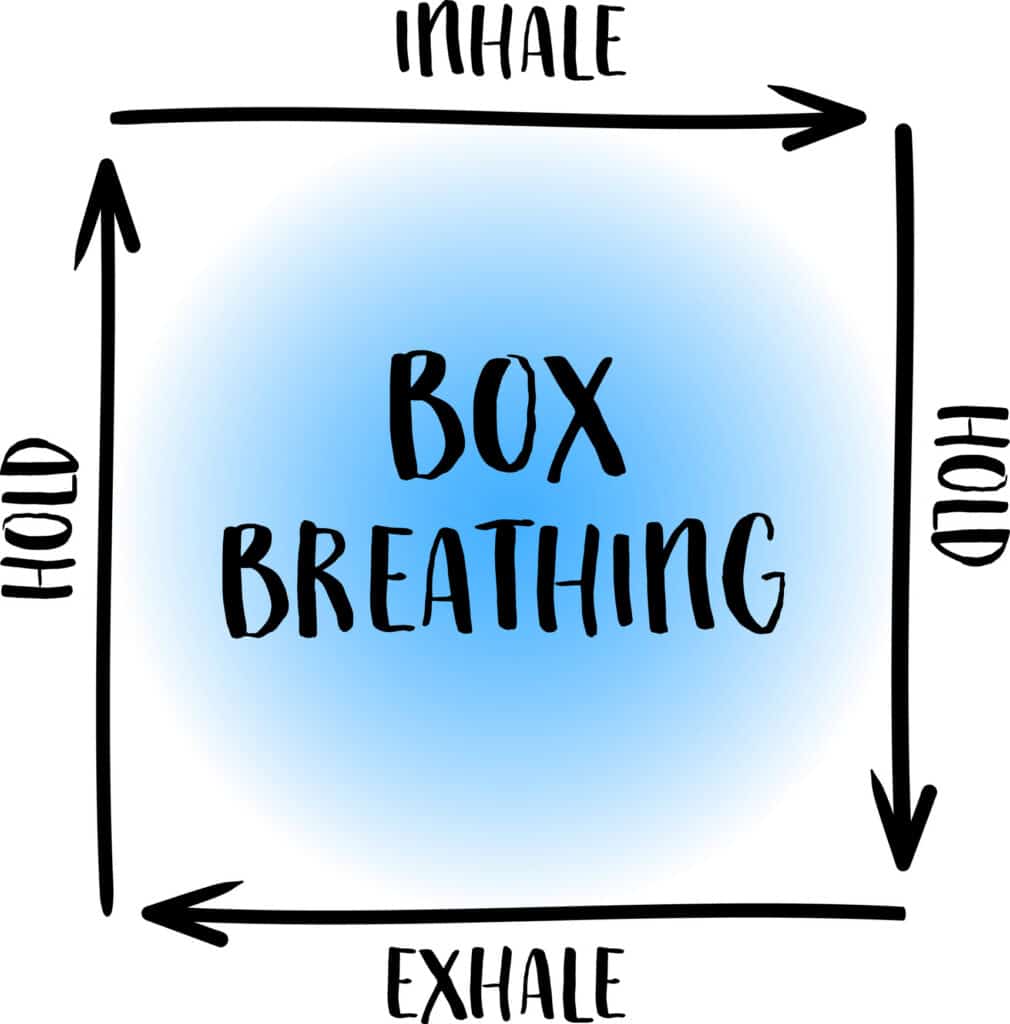Goal setting is a regular part of any fitness routine and of every personal trainer’s usual skillset. Setting goals allows for accountability, measurable targets, and meaningful feedback. But it’s up to the trainer and their client to make sure they create appropriate goals and then recognize their successes. Setting different types of goals can be just as much an art form as a science. Understanding the difference between outcome and process goals is paramount to ultimate success.
Outcome Goals vs. Process Goals
Outcome goals refer to the end result of an overall effort. These are the big, long-term goals that trainers help their clients set. Decreasing body fat by 4%, losing 10 pounds, finishing an entire 5k run without any walking— all great examples of what our clients tend to aim for. But these types of targets are usually set for many weeks or months in the future.
As important as they are, long-term outcome goals can often lack the type of immediate feedback that people crave in order to feel success. Dr. Mark H Anshel reported in his book Applied Health Fitness Psychology that “perceived competence or ability” are the greatest motivators for most people. When feedback is so few and far between like it is with long term goals, it’s hard to feel that “competence” or success.
That’s why process goals are so important. Process goals refer to incremental steps, small successes, everyday habits, and necessary actions that an individual needs to perform in order to achieve their ultimate goal. Objectives like showing up to a workout on Saturday, eating an apple three times this week, aiming for a certain load on a lift during a session, or running for 1 minute more every other day. Smaller, more regularly occurring, and controllable goals provide a regular, recognizable feedback loop that behavioral experts suggest will drive motivation.
Author James Clear popularized the concept of trying to make “1% improvement every day”. Clear also talks about the three layers of behavioral change. The very outside, superficial layer is the outcome, the very inside layer is identity (which is another topic altogether), but the center layer is process.
Changing your processes and daily habits are what eventually lead to successful outcome goals.
Celebrate Each Success
When developing training programs, fitness professionals should take care to help their clients develop not just long term goals, but a thorough array of short term process goals. Acknowledge and celebrate every achievement. Making process goals and regular habits plentiful, obvious, and controllable is the key to greater success and desired behavior change.


